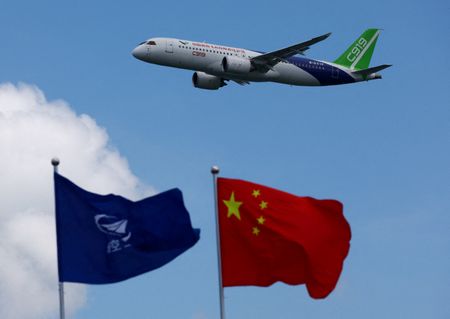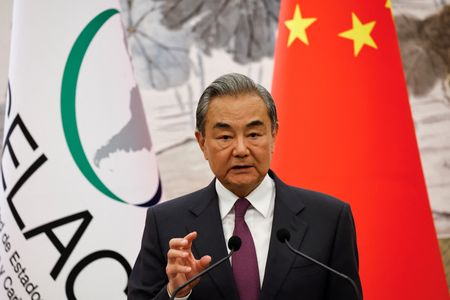SHANGHAI (Reuters) – Fidelity International has shortened the subscription period of a Chinese onshore bond fund after hitting the sales target in less than two weeks, reflecting avid investor interest in China’s surging bond market.
The bond fund, which started taking subscriptions on Dec. 3, completed fundraising ahead of schedule after raising 3.24 billion yuan ($444.75 million), Fidelity’s China mutual fund unit said on Wednesday. The fundraising period was up to three months, according to its sales prospectus.
Bond products are selling like hot cakes in China as lowered deposit rates and Beijing’s pledge to further ease monetary policy power a red-hot bond market despite repeated central bank warnings over bubble risks.
In the latest such warning, the People’s Bank of China on Wednesday urged financial institutions to guard against interest rate risks when trading in bonds.
“The bond market bull rally and stronger regulatory activities to lower deposit rates have led to the increasing appeal of bond funds to various types of investors,” said Ivan Shi, head of research at fund consultancy Z-Ben Advisors.
Newly-launched bond funds have raised 883.9 billion yuan so far this year, accounting for 70% of total fundraising by mutual fund companies, according to Z-Ben.
Fidelity’s new bond fund tracks an index of policy bank bonds with remaining maturities of 0-5 years. The index has gained nearly 4% so far this year.
The fund launch comes as China’s long-term treasury yields, which move inversely to prices, hit record lows this week on intensified expectations of monetary easing.
China’s leaders last week pledged to cut interest rates and banks’ reserve ratios to counter the impact of a looming trade war with the United States. The Politburo promised to switch to an “appropriately loose” monetary policy stance.
Dongxing Securities expects China’s bond market to remain bullish next year, fuelled by insatiable demand from insurers and small banks. But the brokerage also warned of rising volatility.
($1 = 7.2850 Chinese yuan renminbi)
(Reporting by Shanghai newsroom; Editing by Mark Potter)









